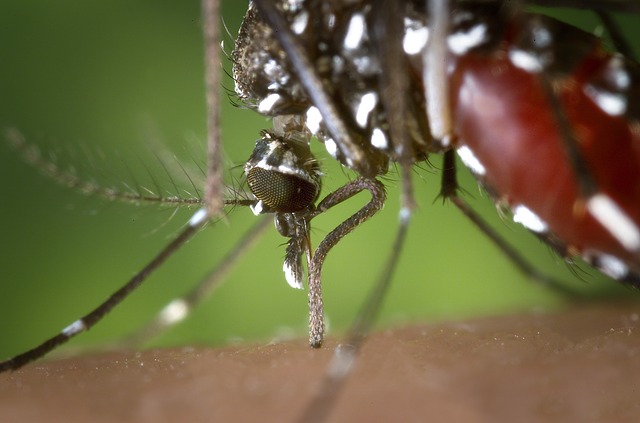By NewsDesk @infectiousdiseasenews
The Centers for Disease Control and Prevention (CDC) issued a travel advisory on May 21 for increase of dengue fever in parts of the Americas.

Dengue is an ongoing risk in many parts of Central and South America, Mexico, and the Caribbean. Travelers to areas of risk should protect themselves by preventing mosquito bites.
CDC identifies a number of countries reporting higher-than-usual numbers of dengue cases, and travelers visiting these countries may be at increased risk: Belize, Bolivia, Brazil, Colombia, Costa Rica, Dominican Republic, El Salvador, Guadeloupe, Guatemala, Honduras, Mexico, Nicaragua, Peru, and Saint Martin.
Brazil has reported the most dengue fever cases in the region with 1,040,481 as the region of the Americas has seen 1.6 million total cases and 554 deaths.
Dengue is a disease caused by a virus spread through mosquito bites. The disease can take up to 2 weeks to develop with illness generally lasting less than a week.
Health effects from dengue include fever, headache, nausea, vomiting, rash, muscle and joint pain, and minor bleeding.
Dengue can become severe within a few hours. Severe dengue is a medical emergency, usually requiring hospitalization.
In severe cases, health effects can include hemorrhage (uncontrolled bleeding), shock (seriously low blood pressure), organ failure, and death.
- India reports largest daily rise in COVID-19, Delhi hospital beds
- Niagara Falls: Health officials attempt to locate two potentially rabid raccoons
- Singapore: Dengue cases highest since 2013
- Brazil COVID-19 cases top 600K, US sends two million doses of hydroxychloroquine
- Texas: Brazos River Authority advises public of brain-eating amoeba as summer nears
- COVID-19 tracing: Look for loss of taste and smell, researchers say
- Researchers urge halt in prescribing hydroxycholoroquine for COVID-19


